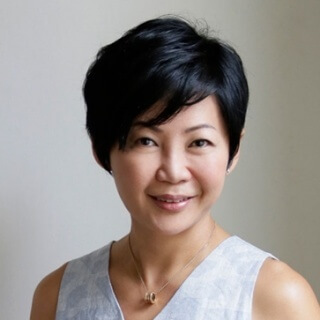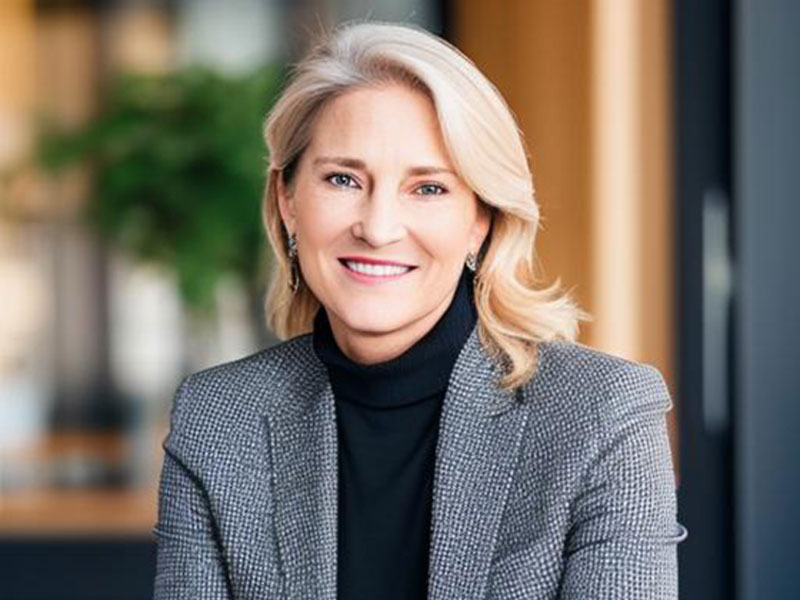Globally acclaimed business school INSEAD has ranked Singapore as one of the leading markets in global talent competitiveness. This was in its The Global Talent Competitiveness Index 2017.
The tiny red dot came second to Switzerland but came ahead of United Kingdom (in at number 3) and the United States (in at number 4). The top 10 ranking also includes other countries such as Sweden, Australia, Luxembourg, Denmark, Finland and Norway. Singapore was the only market in APAC to make the top 10 cut.
The study measures how countries grow, attract and retain talent in order to provide a resource for decision makers to develop strategies for boosting talent competitiveness. This year’s study explored the effects of technological change on talent competitiveness.
High ranking countries are also said to share key traits which include educational systems which meet the needs of the economy, employment policies which favour flexibility, mobility and entrepreneurship, and high connectedness of stakeholders in business and government. Many of these attributes are ones Singapore based executives can identify with.
However, gripe on attaining and retaining talent in the marketing industry is known to persist. Time and again, the industry struggles with luring fresh blood. Long hours, inconsistent schedules and digital talent shortage are just some of the consistent complaints heard from employees and employers both.

ShuFen Goh, Principal
Hence, we ask industry players if this ranking reflects the current state of the marketing and advertising industry. Goh Shufen, founder of R3, was optimistic about the state of marketing and advertising. She said:
“The advertising and marketing sector will always have an edge in attracting people who fundamentally thrive in a creative environment.”
She added that within the marketing and advertising secto,r there has also been an increase in “diversity when it comes to foreign talent”. In this case, the talent goes beyond historical source countries such as the UK and Australia.
Goh added that Singapore is on the right path to being a hub for global talent, “if we remain open to foreign talent from more diverse regions, whilst building our core of strong middle layer that can eventually rise to leadership positions”.
“This requires a mindset change, from seeing foreign talent as competition to having unique opportunities to learn from people around the world.”
“What would be very attractive proposition to employers would be a pool of culturally savvy talent with a Singaporean trademark of ‘can-do’ spirit,” she added. When it comes to technology, Goh added that every sector is looking for people with data analytics capability to unravel its potential. This gives the marketing and advertising industry a head start.
Agreeing with Goh is Yee Poh Ling, senior vice president of human resources, APAC at Y&R Asia, who added that the ease of technology transfer is also something which is special to Singapore as compared to other Asian countries in the region. She explained this is also because of immigration laws and employment policies which aid in the transfer of talent skilled in technology.
“There are plenty of opportunities for talent to train in the country. It also helps that the country is welcoming and open to talent that have skills which are currently lacking in the industry. As a result of this openness, technology transfer is much faster compared to other markets,” she said.
She added even in the marketing sector, Singapore is well-placed to support talent, especially when it comes to education because the marketing discipline is one which is ingrained in colleges’ curricula.
“I feel that schools here ensure that entrants and graduates are well-prepared to enter the marketing industry. There is also the right infrastructure and technology in place to make this happen.”
Source: Marketing Interactive





